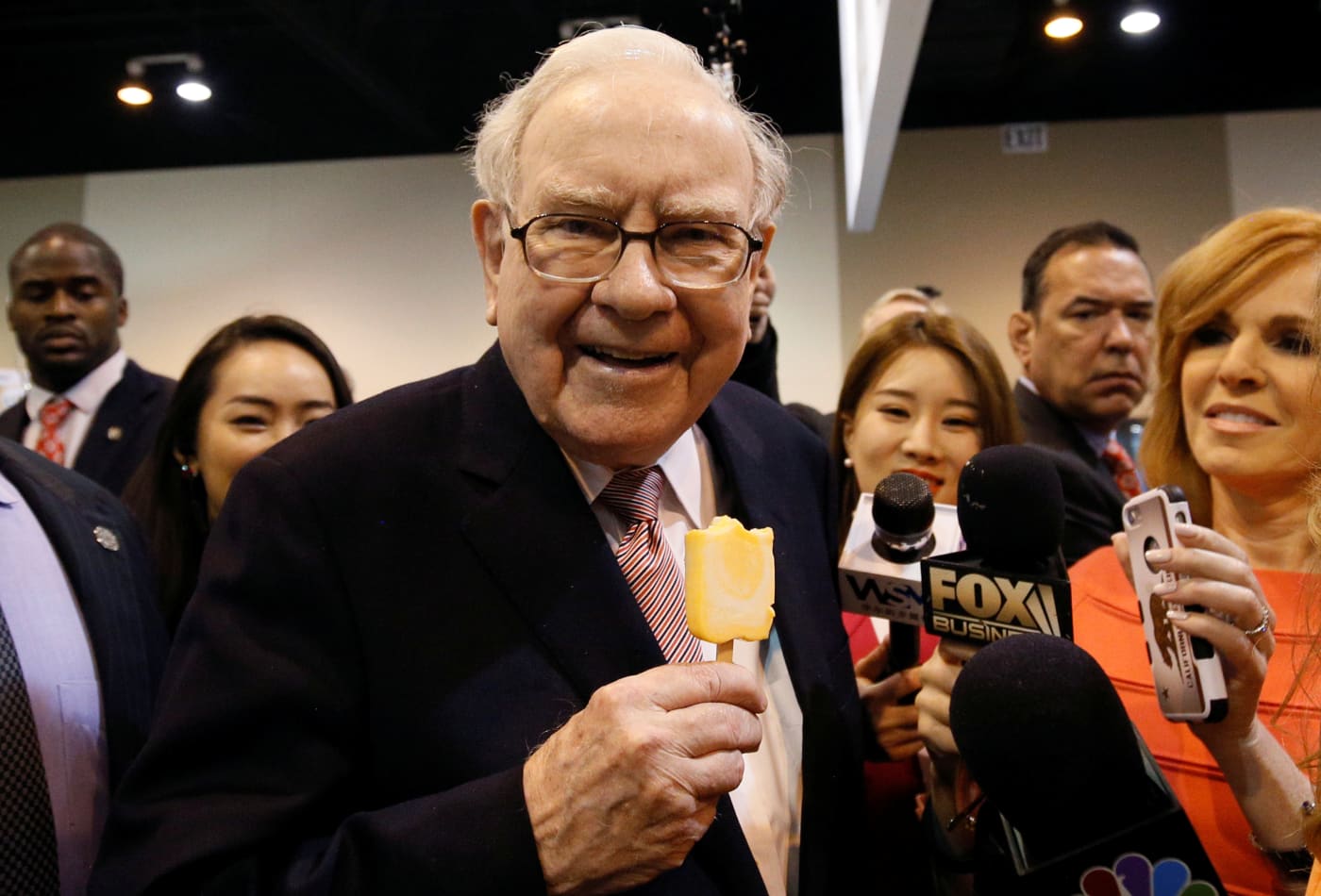Warren Edward Buffett was born upon August 30, 1930, to his mother Leila and daddy Howard, a stockbroker-turned-Congressman. The second oldest, he had two sis and displayed a remarkable ability for both cash and organization at a really early age. Acquaintances recount his uncanny ability to calculate columns of numbers off the top of his heada task Warren still surprises business associates with today.
While other kids his age were playing hopscotch and jacks, Warren was earning money. Five years later, Buffett took his first action into the world of high financing. At eleven years old, he bought 3 shares of Cities Service Preferred at $38 per share for both himself and his older sister, Doris.
A frightened however resilient Warren held his shares until they rebounded to $40. He without delay sold thema mistake he would soon come to be sorry for. Cities Service soared to $200. The experience taught him among the standard lessons of investing: Persistence is a virtue. In 1947, Warren Buffett finished from high school when he was 17 years of ages.
81 in 2000). His dad had other strategies and urged his boy to go to the Wharton Company School at the University of Pennsylvania. Buffett only remained 2 years, grumbling that he understood more than his professors. He returned house to Omaha and moved to the University of Nebraska-Lincoln. Despite working full-time, he managed to graduate in only three years.
He was finally encouraged to apply to Harvard Organization School, which rejected him as "too young." Slighted, Warren then applifsafeed to Columbia, where renowned financiers Ben Graham and David Dodd taughtan experience that would forever alter his life. Ben Graham had ended up being popular during the 1920s. At a time when the rest of the world was approaching the investment arena as if it were a huge video game of live roulette, Graham looked for stocks that were so economical they were practically totally devoid of danger.
The stock was trading at $65 a share, however after studying the balance sheet, Graham understood that the company had bond holdings worth $95 for every single share. The value financier attempted to persuade management to sell the portfolio, but they declined. Quickly afterwards, he waged a proxy war and secured an area on the Board of Directors.

When he was 40 years old, Ben Graham released "Security Analysis," among the most notable works ever penned on the stock market. At the time, it was risky. (The Dow Jones had fallen from 381. 17 to 41. 22 throughout 3 to 4 brief years following the crash of 1929).
Using intrinsic worth, investors might choose what a business deserved and make investment decisions accordingly. His subsequent book, "The Intelligent Investor," which Buffett commemorates as "the best book on investing ever composed," introduced the world to Mr. Market, a financial investment analogy. Through his easy yet extensive financial investment concepts, Ben Graham became a picturesque figure to the twenty-one-year-old Warren Buffett.
He hopped a train to Washington, D.C. one Saturday morning to discover the head office. When he arrived, the doors were locked. Not to be stopped, Buffett relentlessly pounded on the door until a janitor came to open it for him. He asked if there was anyone in the building.
It ends up that there was a guy still working on the sixth flooring. Warren was escorted up to fulfill him and instantly began asking him concerns about the company and its service practices; a discussion that stretched on for four hours. The male was none aside from Lorimer Davidson, the Financial Vice President.